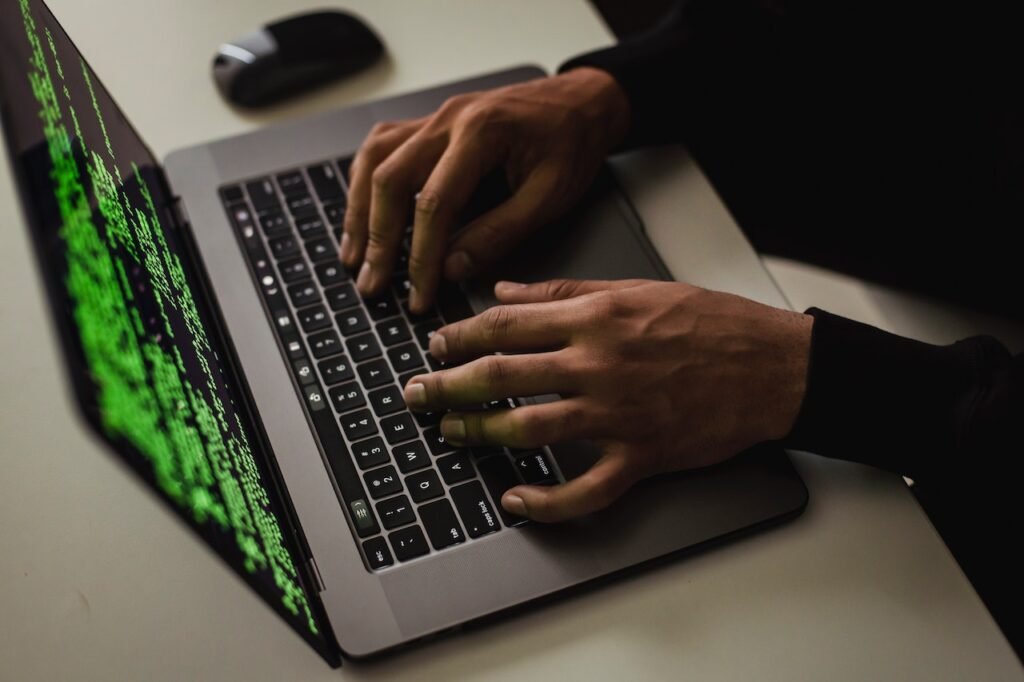Over the years the casino industry evolved in many different ways. One of the most noticeable changes that had a huge impact on the gambling industry was the digitalization of games.
Nowadays, even land-based casinos have casino machines that rely on technology, the Internet, or a local server.
And it seems like the day we all feared finally came.
The capital of gambling Las Vegas, experienced one of the most vicious cyber attacks ever in history. It caused total chaos, where casino machines were not working, lights were cut off, and even people couldn’t enter their hotel rooms.
But this is where it gets really scary.
Hackers that are behind this cyber attack are requesting millions in crypto just so they wouldn’t leak any company data or data from their customers.
But how big of an impact will have this on online casinos like the ones reviewed in hoopcasino.com as well as on the overall gambling industry?
Let’s find out what really happened.
Cyberattack at Caesars and MGM
In a recent cybersecurity breach, Caesars Entertainment Inc. (CZR) reportedly took significant measures to thwart cyber attackers and safeguard its sensitive company data, with millions of dollars paid in the process.
This unsettling incident, however, took its toll on the company’s market standing, resulting in a substantial decline in Caesars Entertainment’s share prices.
Who is Behind this Cyberattack?
The breach in question involved a formidable group of hackers who go by the monikers “Scattered Spider” or “UNC 3944,” as disclosed by Bloomberg. These cyber adversaries successfully infiltrated the company’s systems through an external IT vendor’s network.
Upon the exposure of this cyberattack, the immediate market reaction was evident. Caesars Entertainment witnessed a 3.5% decline in its share prices during the trading session on Wednesday.
Parallel Cybersecurity Challenge at MGM Resorts International
Simultaneously, another major player in the hospitality and entertainment industry, MGM Resorts International (MGM), encountered its own cybersecurity ordeal. This separate incident resulted in disruptions to operations and a notable 5% decrease in the company’s share value during the current week.
The cyberattack on MGM Resorts International had far-reaching consequences, impacting various aspects of its business, including digital room keys, slot machines, and online reservation systems.
Cyberattack Raises Security Questions for Millions of Customers
But after such a serious cyberattack, what will be the measures, impact, and effect on the industry, and how they will keep our data safe?
In their report submitted to federal regulators, the renowned casino company emphasized that their casino and online operations remained unaffected.
Caesars Entertainment, headquartered in Reno and listed publicly, communicated to the federal Securities and Exchange Commission that they couldn’t provide an assurance of the security of the personal data belonging to tens of millions of customers in the aftermath of a data breach that transpired on September 7th.
This breach had the potential to expose the driver’s license and Social Security numbers of members enrolled in their loyalty rewards program.
The company made it clear that it had taken measures to ensure the removal of the stolen data by the unauthorized party involved. Nevertheless, they cautiously noted, “although we cannot guarantee this result.”
According to the information provided to the SEC, Caesars has taken steps to address the situation by offering credit monitoring and identity theft protection to its loyal program customers.
The company emphasized that there is no indication that the intruder managed to access member passwords, bank account details, or payment card information. Furthermore, they reiterated that their casino and online operations have remained unaffected, operating smoothly without any interruptions.
This disclosure by Caesars follows the recent public announcement by MGM Resorts International, the largest casino company in Las Vegas, regarding a cyberattack detected on a Sunday, prompting a precautionary shutdown of computer systems at its properties across the United States to safeguard data.
